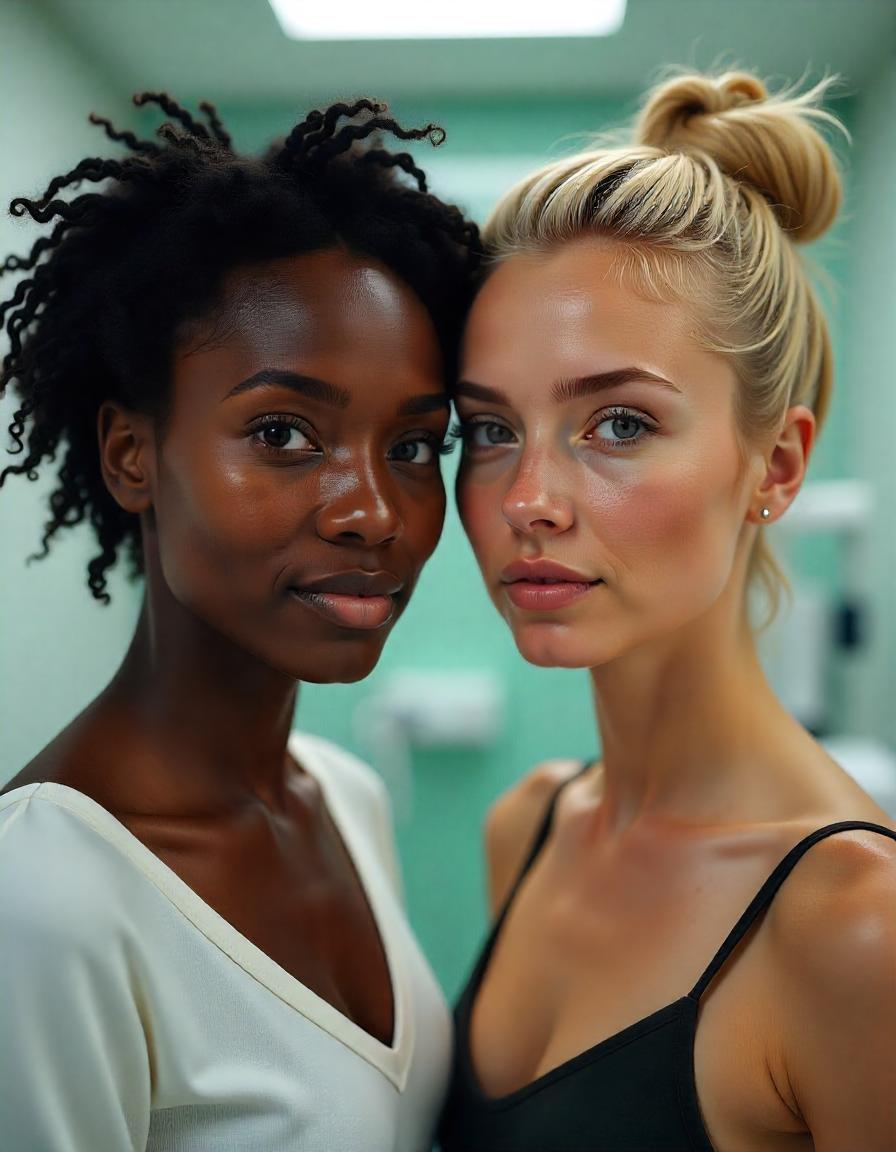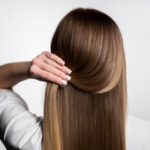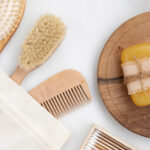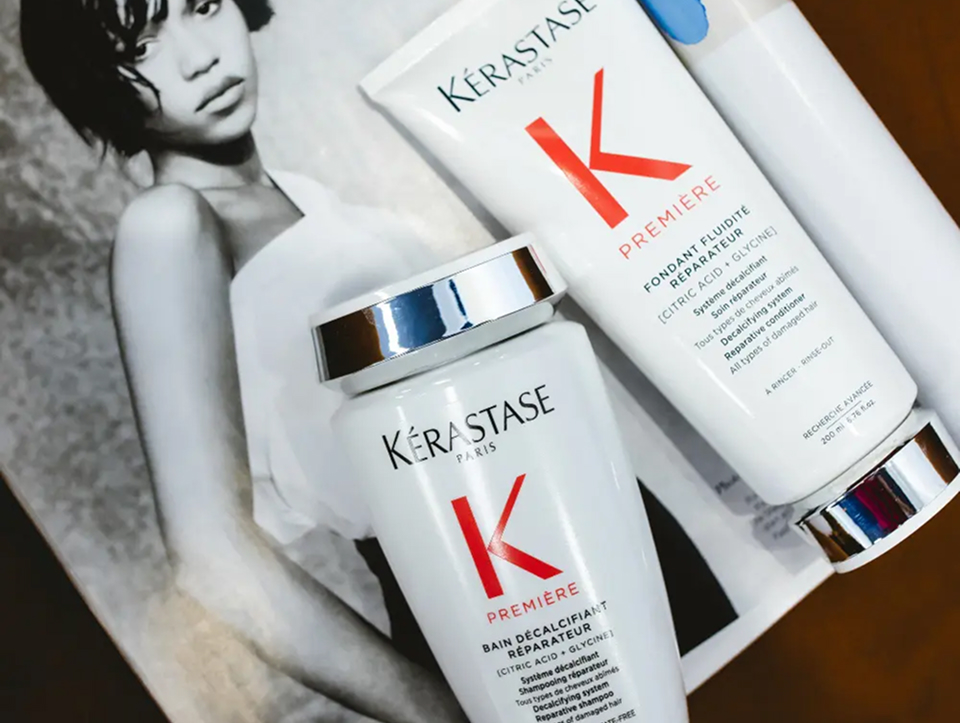Ever wonder why your hair feels greasy, sticky, or flat even right after washing? You might be struggling with oily hair or oily scalp — or both. But don’t worry — it’s more common than you think, and it’s not a sign that you’re “dirty.”
Interestingly, while some people deal with oily hair or scalp, others experience dry scalp, which can cause itching, flakiness, or irritation. Understanding these differences can help you select the most suitable treatment. Discover the causes of dry scalp.
This guide will help you diagnose the problem, understand the causes, and give practical tips to regain control of your hair.
Understanding the Difference: Oily Hair or Oily Scalp
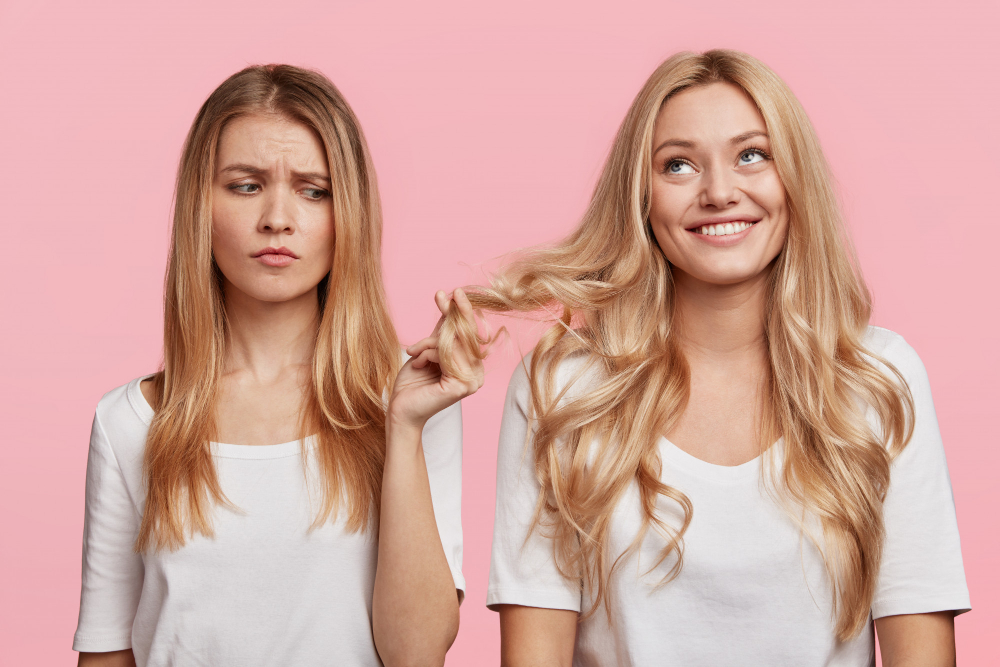
Many people confuse oily hair with an oily scalp. Let’s clarify:
| Feature | Oily Hair | Oily Scalp |
|---|---|---|
| Greasy Feeling | Hair feels sticky and flat | The scalp feels oily at the roots, and it can spread to the hair |
| Appearance | Strands look weighed down | Hair may look greasy even if the lengths are dry |
| Causes | Overactive sebaceous glands on the hair shaft | Overproduction of sebum on the scalp |
| Symptoms | Hair clumps together, looks shiny | Can lead to clogged follicles, dandruff, or hair loss |
💡 Pro Tip: If your scalp is oily but your hair feels fine, the issue is likely an oily scalp rather than a problem with your hair itself.
Why Does Oily Hair or Scalp Happen?
Excessive sebum production is the main culprit. Here’s why it happens:
- Genetics: Sometimes oily hair runs in the family.
- Hormonal changes: Puberty, menstruation, pregnancy, and menopause.
- Diet & lifestyle: High sugar, saturated fats, stress, and dehydration increase oil production.
- Hair care habits: Hot water, harsh shampoos, excessive styling, and over-massaging the scalp.
💡 Research Insight: A study found that overactive sebaceous glands and stress significantly contribute to oily scalp conditions.
Tips: Treating Oily Hair or Oily Scalp
Use The Right Products

Choosing the correct hair care products is the first step to controlling oily hair or an oily scalp.
- Shampoo: Use a purifying, gentle shampoo formulated to regulate sebum production. Ingredients like tea tree oil, salicylic acid, or zinc can help reduce excess oil, soothe inflammation, and prevent clogged follicles. Avoid over-washing, as stripping natural oils can actually cause your scalp to produce even more oil.
- Conditioner: Focus only on the mid-lengths and ends of your hair. Applying conditioner directly to the scalp can worsen oiliness. Opt for lightweight, non-greasy formulas to keep hair smooth without weighing it down.
🧴 Tip: For a step-by-step guide on choosing the best shampoo for oily hair or oily scalp, check our detailed guide on selecting the right dandruff shampoo.
Avoid Too Hot Water
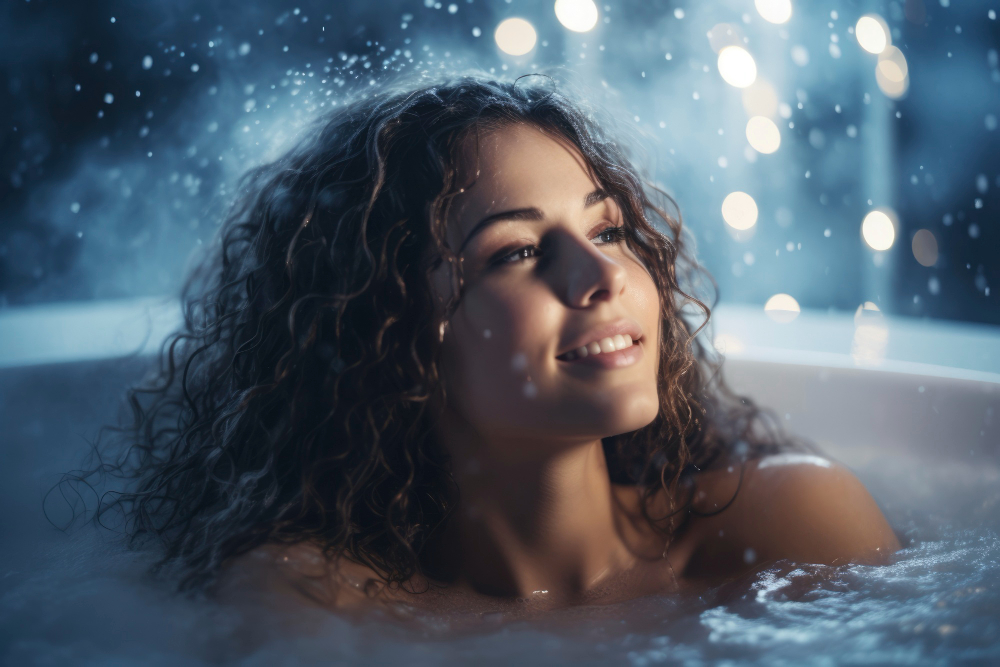
Hot water can feel relaxing, but it can also stimulate the sebaceous glands, causing your scalp to produce more oil.
- Use lukewarm water instead of hot water, both in summer and winter.
- Finish your wash with a cool rinse to help close pores and reduce excess oil production.
💡 Tip: Over time, lukewarm washes help your scalp achieve a natural balance, preventing greasy roots throughout the day.
Limit Touching & Brushing
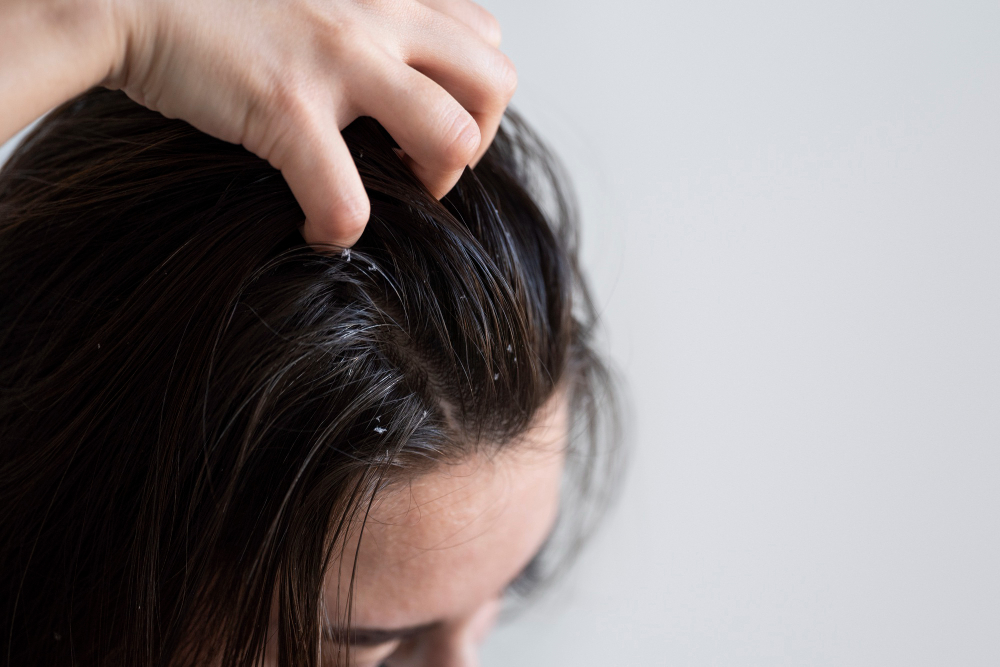
Constantly running your fingers through your hair can transfer oils and dirt from your hands to your scalp and strands. Over-brushing can spread oil evenly, making hair look flat and greasy.
- Brush your hair gently and only when necessary.
- Use a clean brush and avoid excessive teasing or combing near the roots.
💡 Extra Tip: Microfiber hair towels or silk pillowcases can reduce friction and oil transfer during sleep.
Skip Excessive Scalp Massage
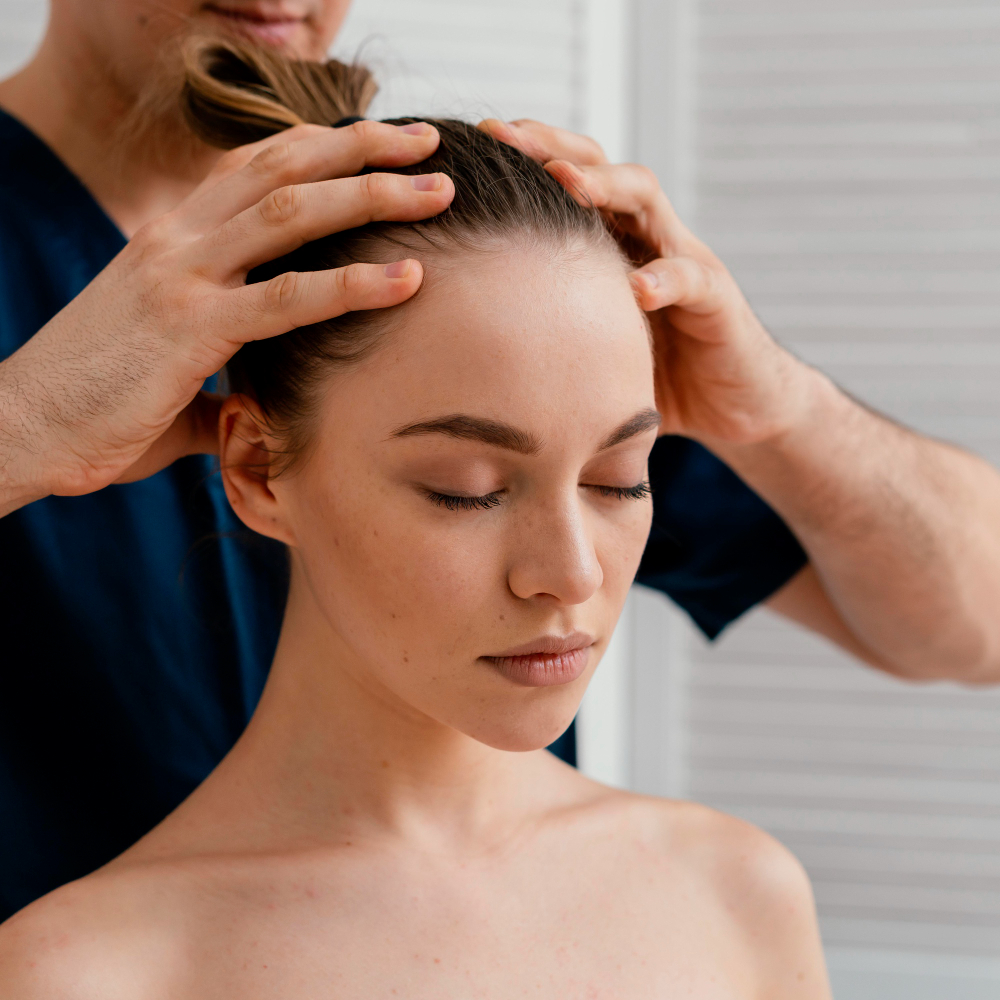
While gentle scalp massages can promote circulation and relaxation, excessive stimulation can trigger the sebaceous glands to produce more oil.
- Focus on relaxation, not intense scrubbing.
- During professional treatments, ask your stylist to tailor the massage intensity to address oily scalp concerns.
💡 Tip: Use massage only as part of a professional scalp treatment, especially if you have oily hair or oily scalp issues.
Healthy Diet

Your diet has a direct impact on the oil production of your scalp.
- Prioritize unsaturated fats from sources such as fish, avocados, nuts, and olive oil.
- Eat plenty of fresh vegetables and fruits for vitamins and antioxidants.
- Stay hydrated, as water helps regulate oil secretion and keeps hair healthy.
💡 Extra Tip: Avoid excessive fried and sugary foods, as they can exacerbate scalp oiliness over time.
Reduce Heat Styling

Frequent use of hair dryers, straighteners, or curling irons can dry out the hair ends while overstimulating the scalp’s oil glands, leading to uneven oil distribution.
- Let hair air dry when possible.
- When using heat tools, apply a lightweight heat protectant spray to reduce scalp irritation.
💡 Tip: Minimizing heat styling not only reduces oiliness but also protects hair from breakage and split ends.
✨ Do you know the difference between a healthy and unhealthy scalp? Learn more about it here.
Professional Treatment
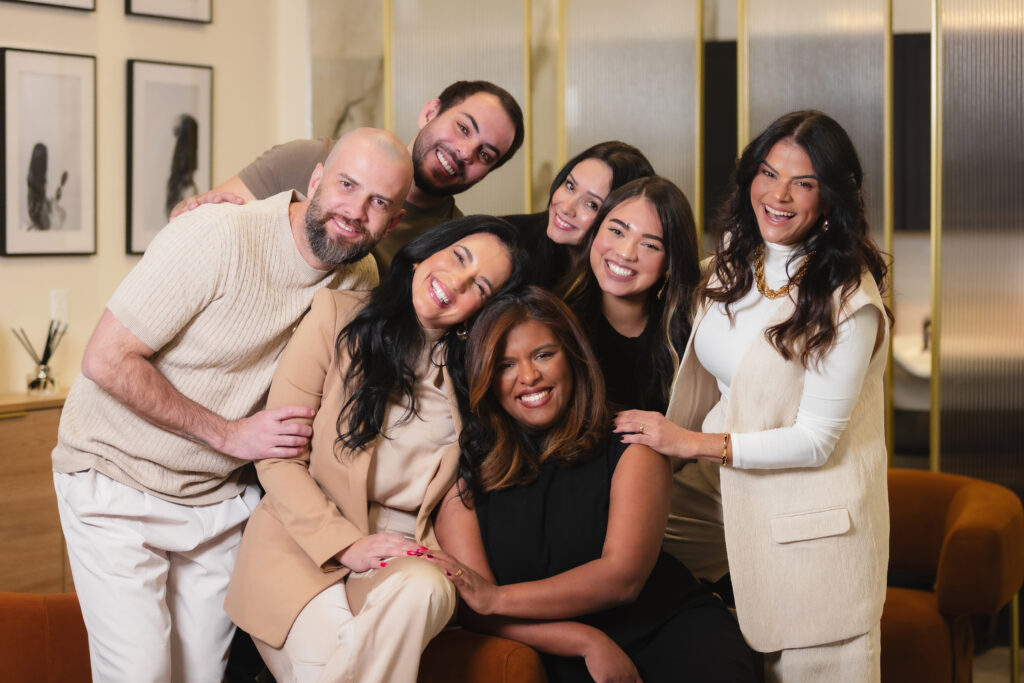
For persistent oily hair or oily scalp, professional treatments offer the most effective long-term solution.
- Clarifying treatments help remove built-up oil and debris.
- Scalp balancing treatments restore the pH and microbial balance, reducing overproduction of sebum.
💡 Tip: Learn more about the difference between at-home care and professional treatments in our guide on professional vs DIY hair treatments.
Take Control of Oily Hair or Oily Scalp
Understanding whether you’re dealing with oily hair or oily scalp is the first step toward healthier, more manageable hair. By following the tips above, selecting the right products, adjusting your washing routine, maintaining a balanced diet, and managing stress, you can balance your scalp’s natural oils and keep your hair looking fresh and vibrant.
For persistent issues or personalized care, professional treatments offer targeted solutions that help restore your scalp’s natural balance and prevent long-term damage.
Don’t wait—take the first step toward healthier hair today: Book Your Appointment Now.
FAQ
What shampoo is best for oily hair or an oily scalp?
Purifying shampoos with tea tree oil, salicylic acid, or zinc help remove excess oil without stripping your scalp.
How often should I wash oily hair or an oily scalp?
We recommend washing your hair no more than three times a week, as overwashing can cause the scalp to produce more oil.
Can oily hair or an oily scalp cause hair loss?
Yes, an oily scalp can contribute to hair loss if left untreated. Excess sebum clogs the hair follicles, resulting in stunted hair growth.
Is having oily hair or an oily scalp healthy or bad?
It’s natural and protects your scalp, but too much oil can cause problems. Balance is key.

